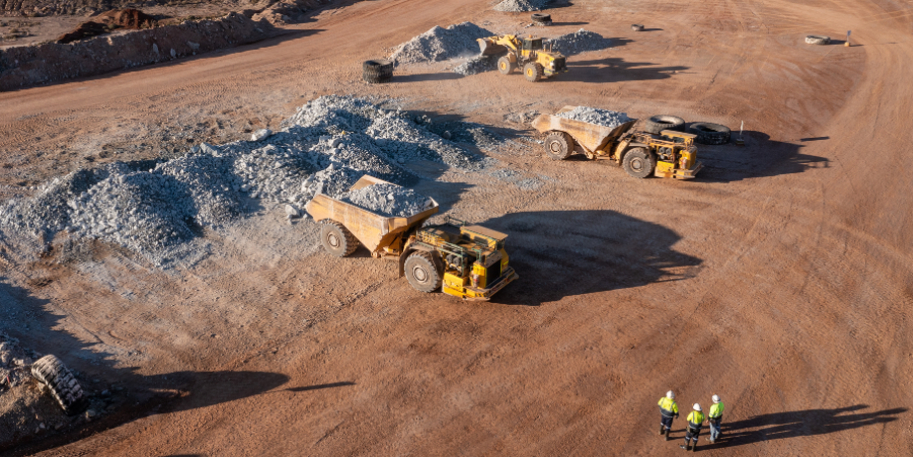Like any strategy, RPO comes with both advantages and trade-offs. It can provide mining companies with an edge in the talent market, cuts time-to-hire and reduces costs over the long haul. But companies should also weigh the potential downsides. Being fully informed is essential to making the right strategic decision for your company’s talent acquisition needs.
In the mining industry, sourcing a team of two dozen mining managers, geologists, engineers, HSEs and metallurgists is no small feat. Sometimes you need to hire large teams of skilled people quickly. Recruitment Process Outsourcing (RPO) is a powerful way to get these ramp-ups done and at the same time, puts good processes in place for internal teams to continue with long term. In this article, we weigh up both sides of the argument:
Upsides of RPO
The teams are specialised
RPO providers bring expertise in recruiting, and bring a depth of experience in niche industry sectors like mining. They understand the technical skills and certifications required for roles such as geologists, mining engineers, and operators, helping to secure higher-quality hires.
Meets the cyclical demands of mining
RPO can scale up or down based on hiring needs. Whether a company must fill a few specialised roles or staff an entire new site, RPO providers adjust easily, making them an efficient choice for the cyclical demands of mining projects.
Reduced time-to-hire
Simply put, RPO providers have better networks to shorten the hiring process. This speed helps mining companies secure talent fast, which is important in projects where staff can make or break a commissioning deadline.
Cost savings over time
While RPO requires initial investment, it often reduces costs over time through efficient hiring, lower turnover, and fewer unfilled positions. Providers also help cut costs associated with advertising, screening, and background checks.
It’s far better for your employer brand
RPO providers improve a company’s employer brand, which boosts appeal to potential talent. They convey the company’s culture and values during recruitment, differentiating you in a highly competitive mining market.
Downsides of RPO
Initial investment and setup time
RPO requires investment and setup time to integrate the provider with the company’s systems and culture. This setup may take months and can appear costly compared to traditional recruitment options.
You’re dependent on an external provider
You will lean heavily on that RPO provider and this can create challenges if service quality decreases or goals shift. If the partnership ends, it can disrupt hiring progress and create gaps in staffing. So we recommend you do your homework up front and always ask for references from past and current RPO clients.
Less control over recruitment process
With RPO, the company often loses some control over recruitment. This loss makes it harder to modify hiring processes or respond to sudden changes.
Privacy and data security concerns
An external provider gains access to candidate and HR data. Mining companies must ensure the RPO partner applies strong data protection measures.
There are in fact many different types of RPO to cater to different company needs. If you would like to learn more about those, this article covers it.
While Recruitment Process Outsourcing has its upsides and downsides, it often proves a better choice for mining companies than handling recruitment internally or relying on a generalist bulk recruiter. RPO providers bring industry-specific expertise, reduce time-to-hire, and deliver quality candidates for specialised roles essential to mining operations. Though it requires upfront investment and trust in an external partner, the benefits of choosing a good partner are that you end up with a team that knows what they’re doing in the mining space and they ease the administrative burden of talent acquisition.

